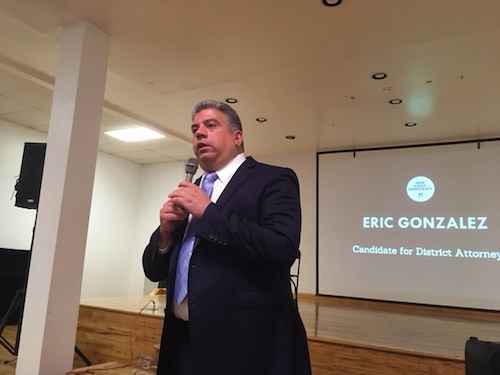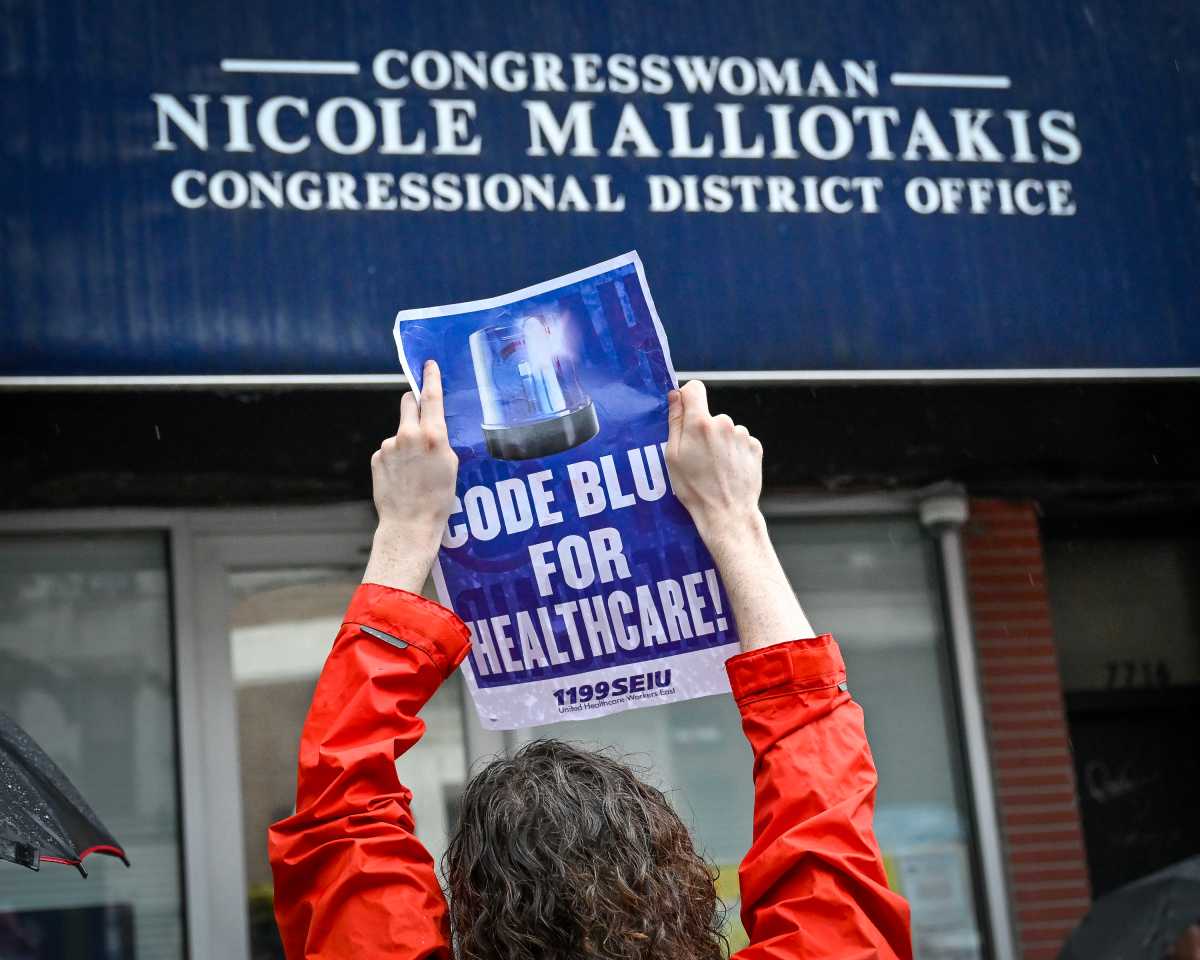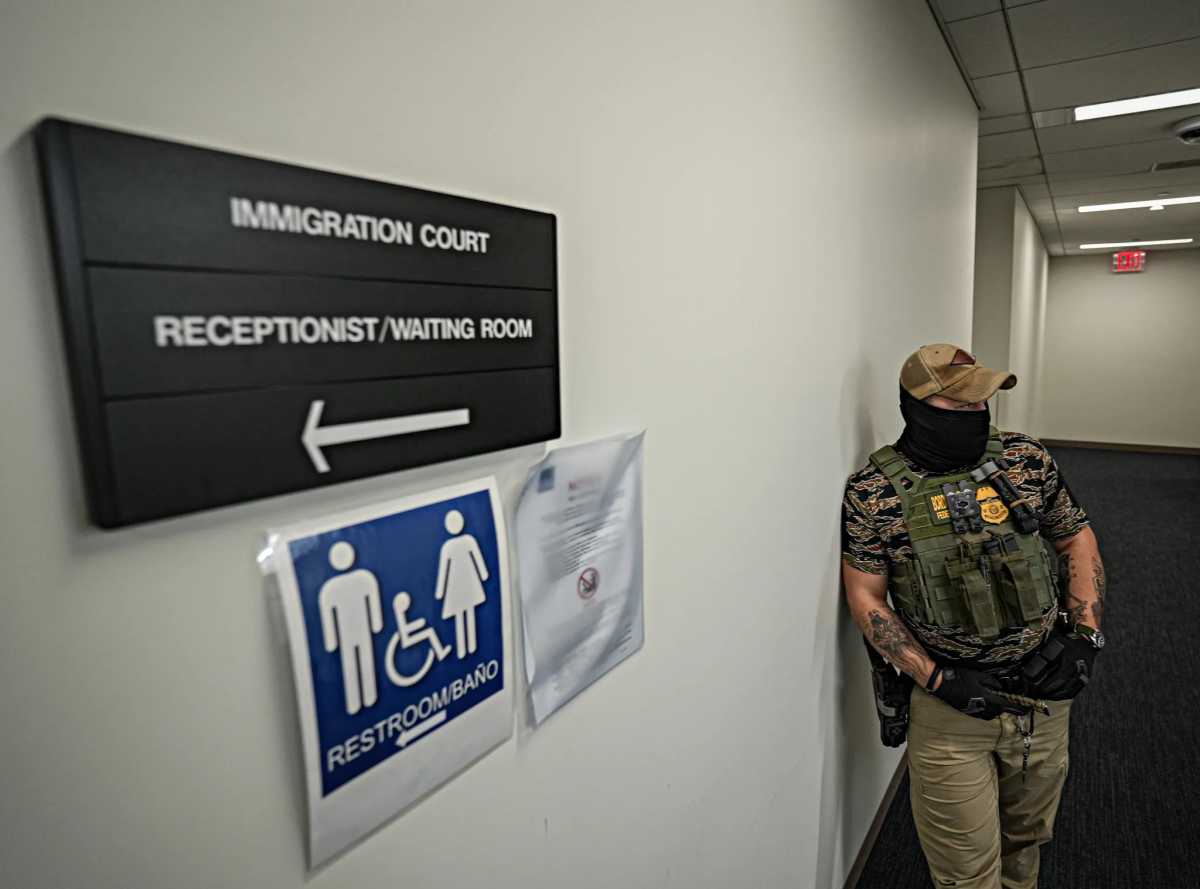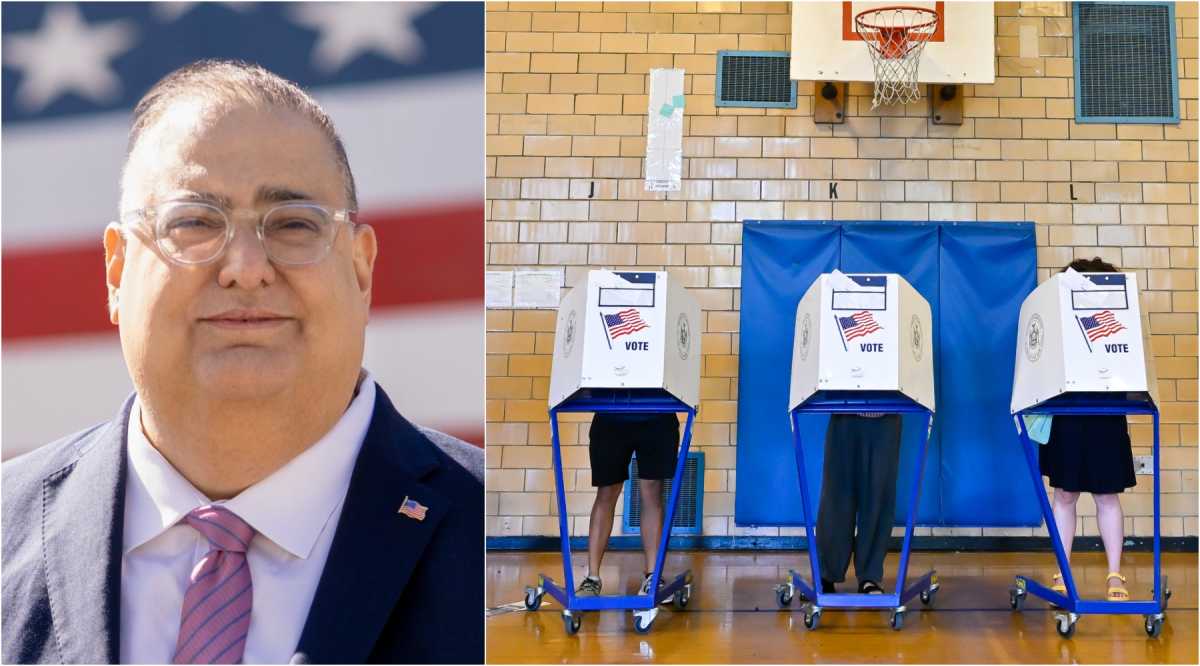Acting Brooklyn District Attorney Eric Gonzalez today announced that following a thorough investigation by his Conviction Review Unit, he moved to vacate a rape and robbery conviction against Mark Denny, 46, who has been incarcerated since 1988.
A careful analysis of the multiple accounts given by the victim following the horrific attack, an unreliable identification procedure, statements by Denny’s three co-defendants and an examination of the rest of the evidence all led to the decision to vacate the conviction and dismiss the indictment.

“After a lengthy and extensive investigation into this horrific case, I have concluded that the cause of justice requires that we vacate the conviction of Mr. Denny. Expert analysis of his identification, an examination of the rest of the evidence and multiple accounts from witnesses and co-defendants all indicate that he was not present when this terrible crime was committed exactly 30 years ago,” said Gonzalez.
“The false identification was not the fault of the courageous victim or law enforcement personnel, but happened because little was known back then about memory retention and retrieval, and their effect on eyewitness identification. I am firm in my commitment to correct any injustice that took place in Brooklyn,” he added.
Mr. Denny appeared this morning before Brooklyn Supreme Court Justice Matthew D’Emic at 320 Jay Street, 15th floor.
The Acting District Attorney said that the conviction pertains to a crime that happened during the early morning hours of December 20, 1987 inside a Burger King restaurant in Brooklyn. A group of young men, at least one of whom displaying a gun, forced their way into the restaurant after closing and robbed $3,000 from the safe. They then ordered the 18-year-old victim and a male coworker to undress, took the woman to another room and repeatedly raped and sodomized her. The victim had a cloth over her eyes for portions of the attack and may have passed out at some point.
The CRU investigation revealed that the victim had given a total of 10 statements between the initial 911 call and her trial testimony, recalling between three and four assailants. Her co-worker recalled three assailants. Denny became a suspect in March 1988 after getting arrested two months earlier for gun possession while in a car with the three co-defendants, who were wanted for robbing a Manhattan Burger King. The victim of the Brooklyn rape was shown a photo array and did not identify Denny but, two days later, she did identify him in a lineup. At trial, her testimony was vague regarding his description and actions.
In addition, the CRU investigation found that while no corroborating evidence exists with respect to Denny, fingerprints of two other suspects were recovered from the restaurant and the third suspect admitted his involvement upon pleading guilty. That defendant, Eddie Veira, was sentenced to seven to 21 years in prison. A jury convicted a second defendant, Raphael James, of rape, robbery and related counts and he was sentenced to 16 to 48 years, getting paroled in 2015. The judge severed the third defendant’s case due to a scheduling conflict and, because the victim was emotionally unable to testify in a second trial, the case against him had to be dismissed.
Denny, who stood trial with James, was convicted in 1989 of rape, robbery and related counts and received an aggregate term of 19 to 57 years in prison. He had maintained his innocence through multiple parole hearings and had refused to participate in a sex offender program, a decision that likely impeded his parole chances. He was finally granted parole in October 2017, but a release date has not been set.
CRU interviewed a close friend of the victim who spoke with her about a week after the attack and was told there were three, not four, assailants. The Unit also interviewed two of the co-defendants. James, who has been writing letters on Denny’s behalf since the 1990s, stated that Denny was not involved in the crime. The co-defendant whose case was dismissed admitted his culpability to CRU and credibly claimed that Denny was not present. Veira, the only person who had implicated Denny, had been deported after completing his sentence and could not be located. In his parole interviews, he mentioned only two cohorts.
To date, the work of the Conviction Review Unit has resulted in 23 convictions being vacated, making Denny’s vacateur the 24th. In addition, the CRU has found that of the cases reviewed thus far, 60 convictions are just and will not be recommended to be vacated. Approximately 100 cases are pending review.










